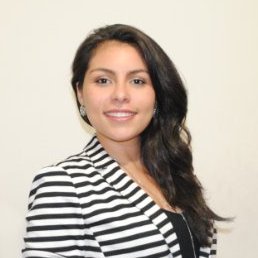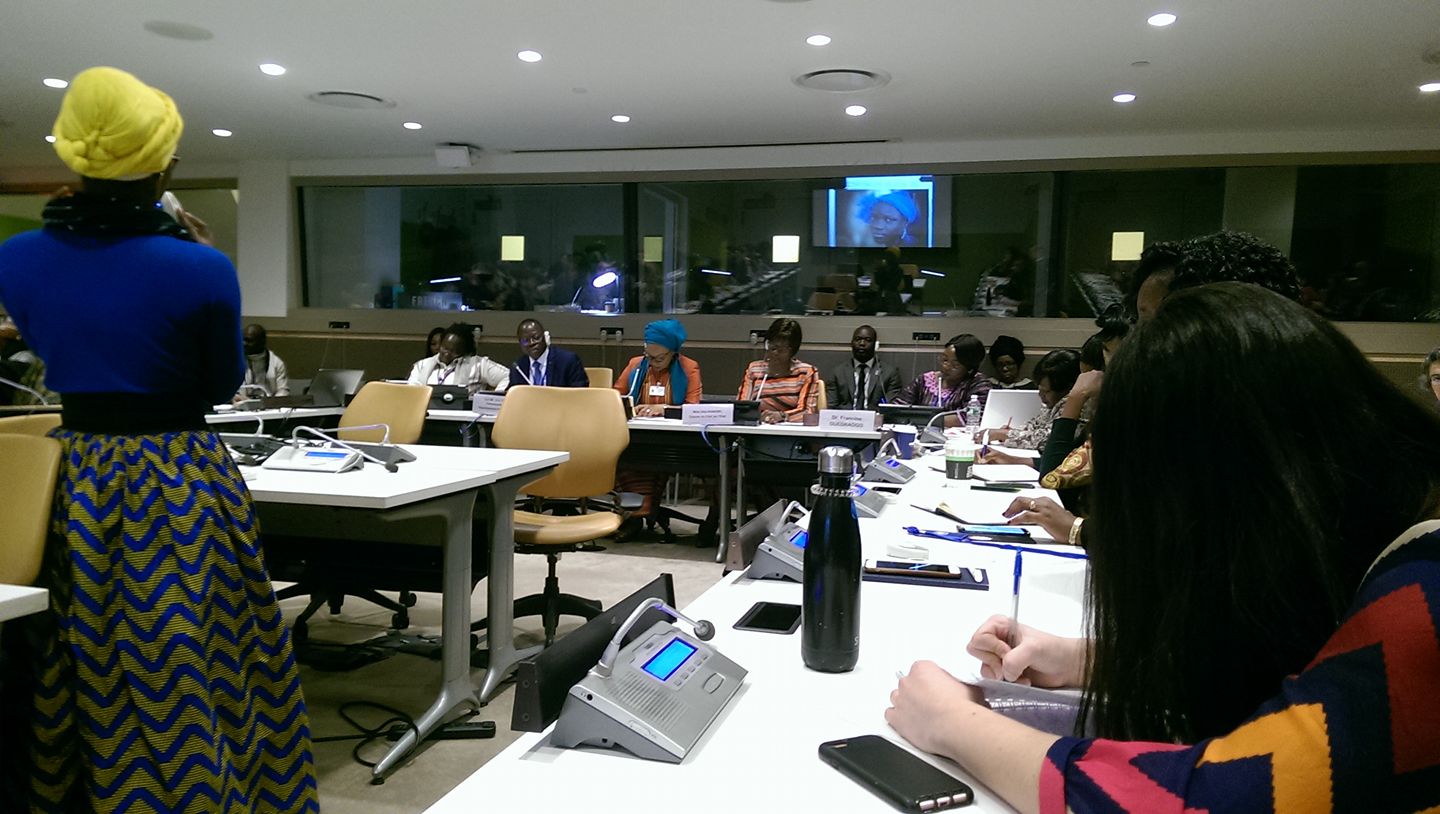Innovative Contributions: Commission on Status of Women
 Report written by Maria Cristina Coello, TDN Cross-cultural Youth Exchange Fellow.
Report written by Maria Cristina Coello, TDN Cross-cultural Youth Exchange Fellow.
Brooklyn, NY (March 31, 2018) – Transdiaspora Network (TDN), under its special consultative status with the United Nations Economic and Social Council (ECOSOC), participated in the 62nd session of the Commission on the Status of Women (CSW62). The dialogues at the CSW62 focused on the “Challenges and opportunities in achieving gender equality and the empowerment of rural women and girls”. TDN engaged actively in a variety of events that were of high relevance to our mission and to the commitment that our organization made regarding to securing the local implementation of the Sustainable Development Goals (SGDs) that concerns with good health and well-being (SDG #3), quality education (SDG #4) and gender equality (SDG #5).
The event hosted by Burkina Faso offered examples of initiatives and projects that are taking place within their national that address the socio-cultural burdens and other harmful practices that undermine girls and women’s sexual and reproductive health. As some part of the rural population of Burkina Faso lack of adequate access to health. The nation, through national policies and partnerships, has taken the initiative to approach its rural population by using mobile hospitals through which free contraceptive methods and health services are offered. Additionally, family planning and counseling workshops are given to communities in order to augment knowledge regarding preventive, sexual and reproductive education, and also, to inform girls and women about their rights that concern to this matter.

Panel “Socio-cultural Burdens and other Harmful Practices that Undermine Girls and Women’s Sexual and Reproductive Health” presented by Burkina Faso.
During the panel, it was mentioned that societal structures interplay a determinant role in terms of ensuring health for girls and women. For this reason, Burkina Faso has established several schools for boys and husbands with the purpose of creating awareness of the important role they represent in women’s health; and to integrate boys and men as active participants in order to ensure that good health practices are properly carry out, especially during terms of pregnancy and delivery. Burkina Faso, within its initiatives, takes into consideration the different religions and cultures that are embedded in its population. All action plans taken at a community level engage with, and through, community leaders in order to promote sexual and reproductive education, and access to health, within the considerations that better suit personal and communal beliefs.
In the event of “Youth, Gender and Identity” offered by the Kingdom of Denmark and the United Kingdom (UK), TDN gained more insight regarding the complexity of identity, sexuality and age, and how social norms are determinants of these, and how it can influence behaviors and expectations among youth, especially through social media. During the event, it was discussed how stereotypes and stigmas regarding gender, identity and sexual practices are been reinforced through social media, and how this harms the well-being and behavior of youths. In this regard, it was argued that there should be spaces within social networks in which children and youth are allow to express and to show themselves without being stigmatized.
Panel “Youth, Gender and Identity” presented by the Kingdom of Denmark and the United Kingdom (UK).
The event hosted by Burkina Faso presented concrete structures of work in which cultural means are taken in consideration in order to address individuals properly and accordingly to its beliefs and traditions. In addition to, it gave a good example of how to promote access to health for rural population through the strategy of reaching directly to them. On the other hand, the event hosted by Denmark and the UK introduced an innovative approach of creating safe spaces for advice and support within online communities to counteract stigmas and stereotypes that predominates among the young population. This approach illustrated a way in which HIV prevention can be communicate to youth through the provision of an online space where they can freely conceptualize and express themselves.
Overall the events at CSW62 provided a great platform for us to listen attentively about the efforts taking place at a local, regional and global level. It was appealing to see the intangible role of culture and beliefs systems be framed as determinant factors through which social burdens and stigmatization can be counteracted. At the same time, it was pleasant to hear emphasis given to the importance of promoting community-based approaches and the need to integrate this into the health scene. However, it was perceived that within the discourse of enhancing health to girls and women, health is not much approached within the prevention scope. Instead, health was more framed within the sexual, reproductive and maternal spectrum. It was expected to hear more discussion about preventive methods as this encourages society to make informed decisions about their health and lifestyle.
Buzz
- 11/04/2022 Latino Impact Summit - TDN President/Founder Ariel Rojas attended this event at the United Nations... read more>>
- 10/27/2022 Latin Grammy Awards - TDN Artistic Ambassador Glenda del Monte Escalante is a nominee for the next edition of the Latin Grammys... read more>>
- 10/24/2022 Heritage Celebration - TDN President/Founder Ariel Rojas attend community event Quisqueya: A Celebration of Haitian and Dominican Heritage... read more>>
- 10/21/2022 TDN / UN Women - TDN President/Founder Ariel Rojas and TDN Youth Ambassador Alicia Rando meet with UN Women representative... read more>>
- 09/09/2022 Book of Condolence - Because of Queen Elizabeth's death, TDN President/Founder Ariel Rojas signs book of condolence... read more>>
